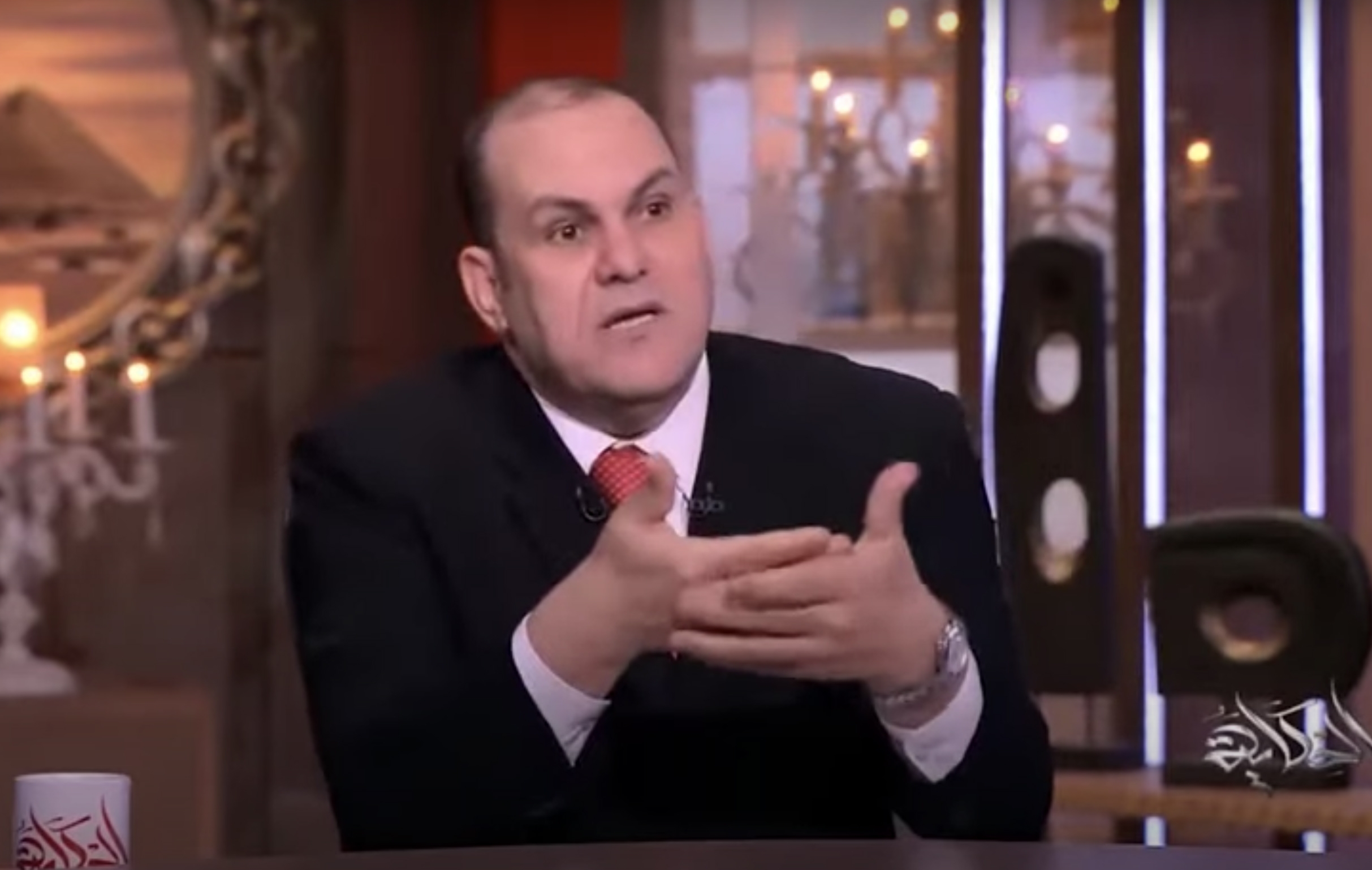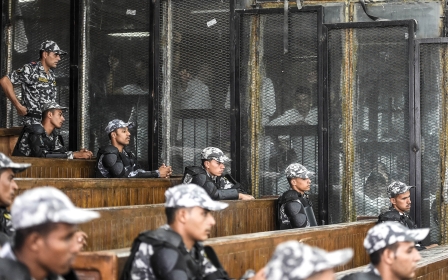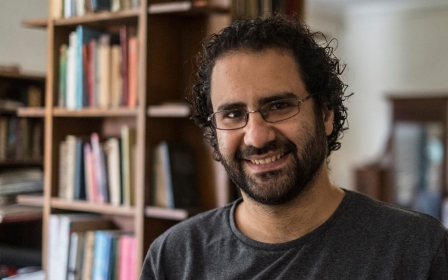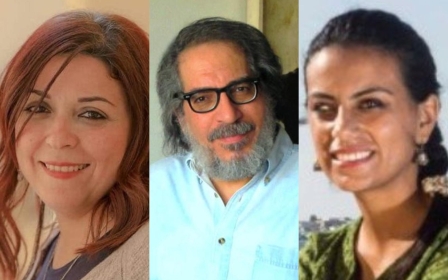Egypt detains prominent professor critical of pro-government media

Egyptian security forces have arrested prominent journalism professor Ayman Mansour Nada following a series of articles in which he criticised media personalities close to the government, legal activists and local media have said.
Nada’s family said he was detained for days at a police station in Cairo as he awaited trial on charges of “intimidating and disrupting state institutions", according to activists.
New MEE newsletter: Jerusalem Dispatch
Sign up to get the latest insights and analysis on Israel-Palestine, alongside Turkey Unpacked and other MEE newsletters
A judge on Tuesday ordered the renewal of Nada’s detention for 15 days pending investigation into accusations of slander and defamation against media personalities.
In his articles, Nada, a supporter of President Abdel Fattah el-Sisi, scrutinised the media landscape in Egypt, with a particular focus on TV anchor Ahmed Moussa, one of Sisi’s most well-known mouthpieces. The articles criticised the lack of professionalism in the content of television programming, as well as its failure to have a real impact on public opinion.
In addition to his denunciation of Egyptian media in the past few months, Nada also wrote articles criticising a senior official at Cairo University, accusing him of corruption.
Nada, the dean of the Radio and Television Department at Cairo University, had lodged a complaint with the public prosecutor against the official, whom he accused of using the names of Sisi and the head of intelligence Abbas Kamel, and the National Security Agency to pressure him to stop his tirades against broadcasters with links to the government.
Nada’s family told al-Araby al-Jadeed news website that the public prosecutor has ignored the complaint he filed and arrested him instead.
Cairo University suspended Nada in March pending an internal investigation into his attacks on the university's president and his breach of the university's traditions and customs.
Egypt's editor in chief
In his articles, Nada attacked broadcasters, journalists and officials of media institutions, most of which, he said, are linked to Egyptian intelligence and supervised by Lieutenant-Colonel Ahmed Shaaban, Kamel’s closest aide, for failing to promote Sisi's regime at home and abroad.
But although Nada says he is a Sisi supporter, his most damning condemnations were of Shaaban, who is widely known as "Egypt's editor in chief".
In an article he posted on Facebook in March, entitled “An open letter to the editor in chief of Egypt”, Nada admits that the people he has been attacking were “powerless” and that Shaaban, whom he describes as "the man who runs Egypt’s media", is the one who should be held responsible for the status of his country’s media.
“Behind the media scene there are those who hold all the strings … all evidence and signs point to one man ... Lieutenant-Colonel Ahmed Shaaban,” he wrote, pointing to Shaaban's limitless powers and the impunity he enjoyed.
The post was deleted a few hours later, but was re-published by Hafez al-Mirazi, another journalism academic who teaches at the American University in Cairo.
Mirazi, also the former Washington bureau chief for Al Jazeera, hailed Nada as “a brave writer” who dared to speak about the most feared man in Egyptian media, but expressed concern that he may be targeted by security services because of his writings.
Nada is a well respected figure in Egypt’s field of academia and his arrest has caused an uproar on social media, with rights activists and journalists calling for his immediate release and for the public prosecutor to investigate his claims.
Since ascending to power following a coup in 2013, Sisi has led a brutal suppression of dissent, jailing more than 60,000 activists and imposing strict censorship measures on public discourse.
Sisi has consistently denied that there are political prisoners in Egypt, framing the crackdown as part of a fight against terrorism.
Middle East Eye delivers independent and unrivalled coverage and analysis of the Middle East, North Africa and beyond. To learn more about republishing this content and the associated fees, please fill out this form. More about MEE can be found here.





